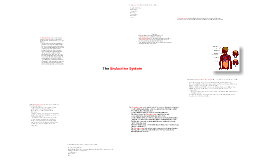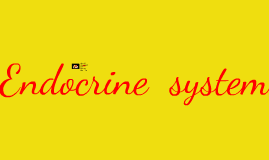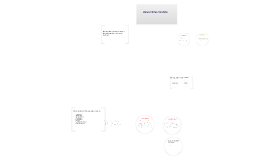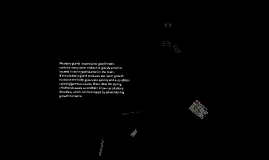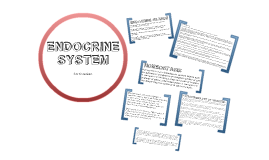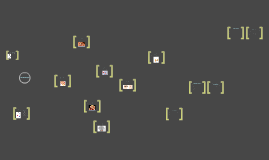Endocrine System
Transcript: About The endocrine system is a ductless system that secertes a hormone that regulates body functions. http://www.encognitive.com/node/1129 long, tapered gland which lies across and behind the stomach secretes digestive juices which break down fats, carbohydrates, proteins and acids secretes bicarbonate, which neutralizes stomach acid as it enters the duodenum secrete hormones which regulate the level of glucose in the blood cells of pancreas secrete hormones like insulin into the blood Adrenal Glands smaller, inner region is part of the sympathic nervous system and is the body's first line of defense and response to physical and emotional stresses inner, reddish brown layer makes two types of hormones and takes all its instructions from the nervous system, producing chemicals which react to fear and anger and are sometimes called "fight or flight" hormones. Pituitary Gland Thyroid and Parathyroid Glands Ovaries forms part of the immune system in upper part of chest behind breast bone made of 2 lobes enlarges until puberty and then begins to shrink made of lymphoid tissue amount of these hormones produced by the body can vary from month to month and year to year depending on many factors including stress, nutrition and exercise if estrogen becomes dominant over progesterone, cramping, bloating, depression, irritability, migraine headaches, insomnia, epilepsy, miscarriages, infertility, hypoglycemia, chronic fatigue syndrome, heart palpitations and other cardiovascular disorders may occur. food supply may carry extra estrogen like in meat with animal growth hormones, causing girls to be physically and sexually developed at younger ages Pancreatic cancer has the worst prognosis of all the types of cancer. This is probably because of the spongy, vascular nature of this organ and its vital endocrine and exocrine functions. Pancreatic surgery is a problem because of the soft, spongy, tissue it consists of that make it extremely difficult to suture. outer region secretes hormones which have important effects on the way in which energy is stored and food is used, on chemicals in the blood, and on characteristics such as hairiness and body shape cortex, or outer, yellow layer, takes its instructions from the pituitary hormone ACTH. The hormones secreted here are called "steroids" main types: those which control the balance of sodium and potassium in the body; those which raise the level of sugar in the blood; and sex hormones Pituitary Gland Thyroid and Parathyroid Glands almond shaped glands that lie on either side of the uterus and below opening of fallopian tubes produce eggs and sex hormones called estrogen and progesterone Thymus Gland Functions the hypothalamus is a way station between the body and the brain and sorts out messages going to and from the brain replies by nerve impulses and sometimes with needed hormones pituitary gland then makes the needed hormones these are then circulated in the blood to a variety of the body's tissues, including other endocrines, such as the adrenal gland more hormones just like the ones the pituitary glands are made and sent throughout body the parathyroid glands are four small oval bodies located on either side of and on the dorsal aspect of the thyroid gland they control the level of calcium in the blood not enough calcium will cause twitching, spasms, convulsions and even death too much calcium may cause a weakening of muscle tone and kidney stones Pancreas Functions transform lymphocytes (white blood cells developed in the bone marrow) into T-cells (cells developed in the thymus these cells are transported to various lymph glands to aid in fight against disease and infection swelling of the lymph glands and fever indicate the fighting of invaders Functions secrete hormones directly into the bloodstream divided into two distinct organs one to two inches in length and weigh only a fraction of an ounce secretes more than 3 dozen hormones sits on top of kidneys listen to pituitary glands controls the rate at which the body produces energy from nutrients If the body does not get enough iodine, the thyroid gland cannot produce a proper amount of hormones for this conversion process which leads to a goiter, enlargement of the thyroid the thyroid secretes hormones which regulate energy, and emotional balance may rely upon its normal functioning when the rate of production is excessive, the results can be weight loss, nervousness, or even emotional disturbances when the rate of production is excessively low, a slowing of bodily functions may result Insulin regulates the use of glucose into all the body tissues except the brain. If the pancreas fails to produce insulin or secretes it in low quantities, the result is a serious disease called diabetes mellitus. If the ducts leading from the pancreas are blocked in some way, the digestive fluids build up in the pancreas and may then become activated so that they digest the pancreas itself! This condition is known as acute






